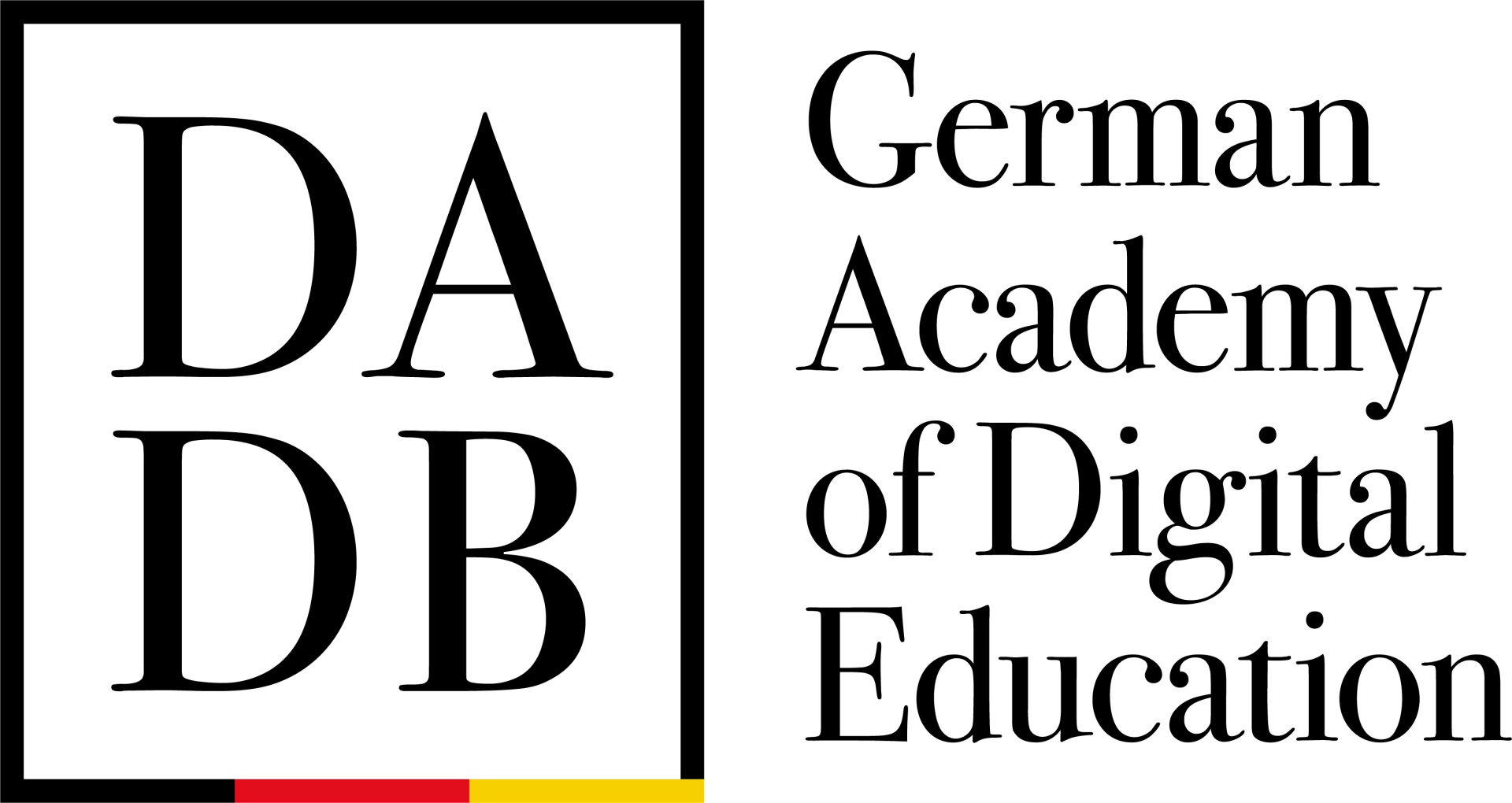Hydrogen Production
Prof. Dr.-Ing. Thomas Schmidt
Lecture Videos
Quizzes
Certificate of Completion
Course Description
Course Description
Course Description
Course Description
Course Description
Course Description
Course Description
Hydrogen is an important substance with great potential. It plays a major role in energy and industry today. This course is about how hydrogen is produced.
How do the various technologies and processes for producing hydrogen work? What are its properties, its role in clean energy and the challenges of producing it? How does hydrogen behave chemically and physically and how does it react with different materials? Knowledge of these properties is important so that we can use hydrogen safely for energy, in batteries and in industry.
How is hydrogen produced? Production technologies for hydrogen range from well-known processes, such as steam reforming, to new methods, such as high-temperature electrolysis. We explain the advantages and disadvantages of each method and the conditions under which they work. We understand why hydrogen is becoming increasingly important in energy worldwide. Finally, we look at the efficiency, environmental impact and cost of production. The more hydrogen production technologies are developed, the sooner they could be integrated into our future energy systems.
Course Contents
Prof. Dr.-Ing.
Thomas Schmidt
Prof. Dr.-Ing. Thomas Schmidt is a leading expert in gas supply and economic analysis. He studied mechanical engineering at the Technical University of Braunschweig and RWTH Aachen University, before obtaining his doctorate at the Technical University of Clausthal.
At Thyssengas GmbH he held various technical and planning roles, most recently as a consultant for profitability analyses and investment planning. From 1998 to 2002 he managed the Rüdersdorf gas storage project at EWE Aktiengesellschaft. Since 2002 he has been a professor in the Department of Energy, Buildings and Environment at Münster University of Applied Sciences.